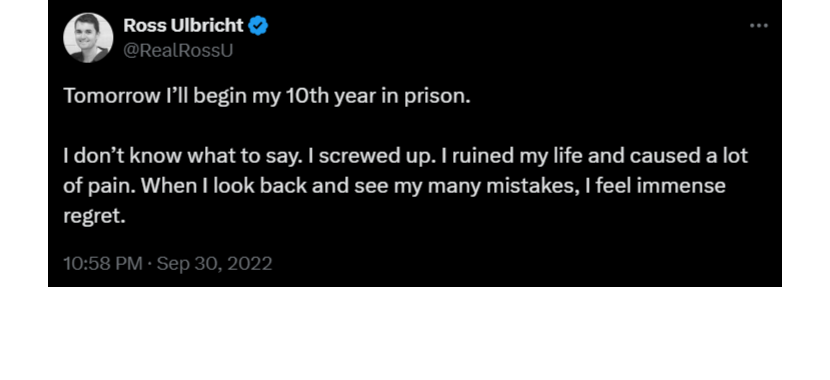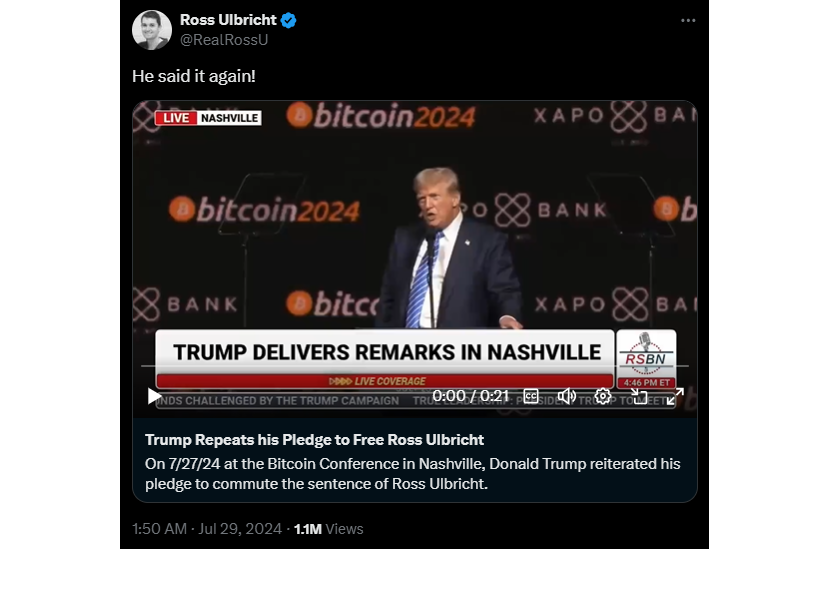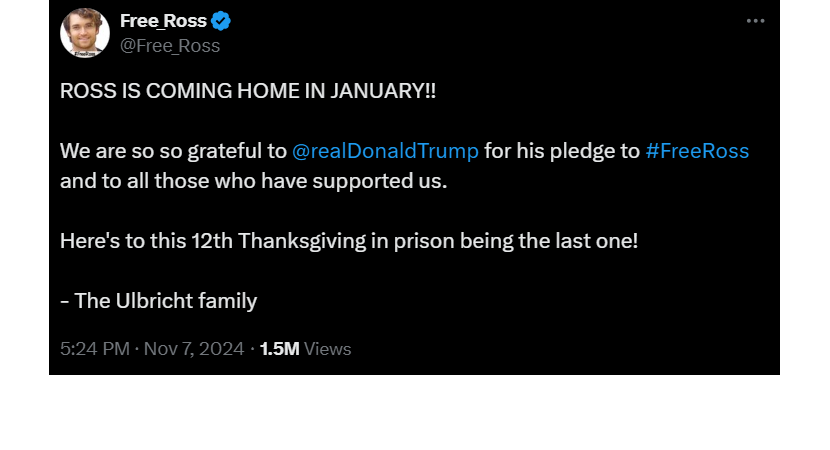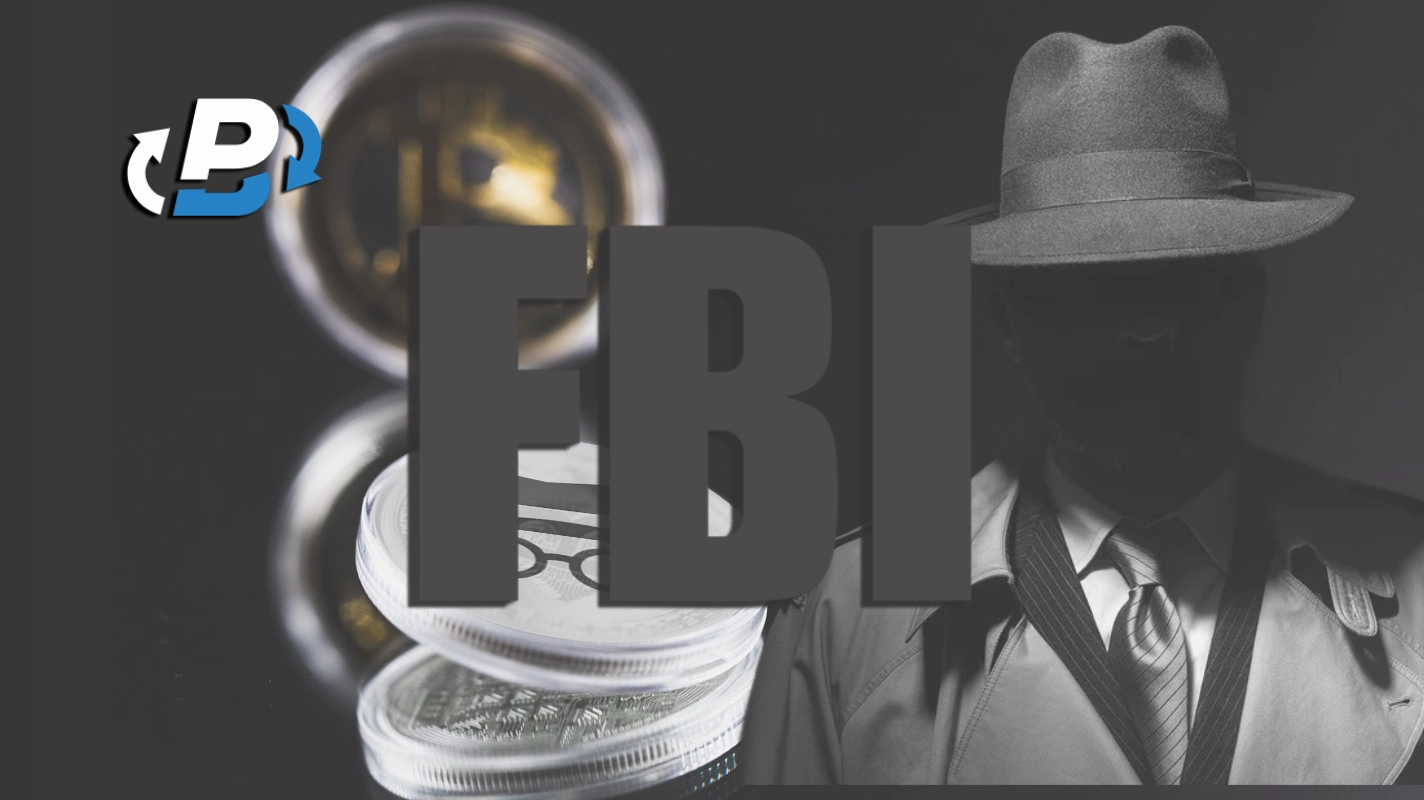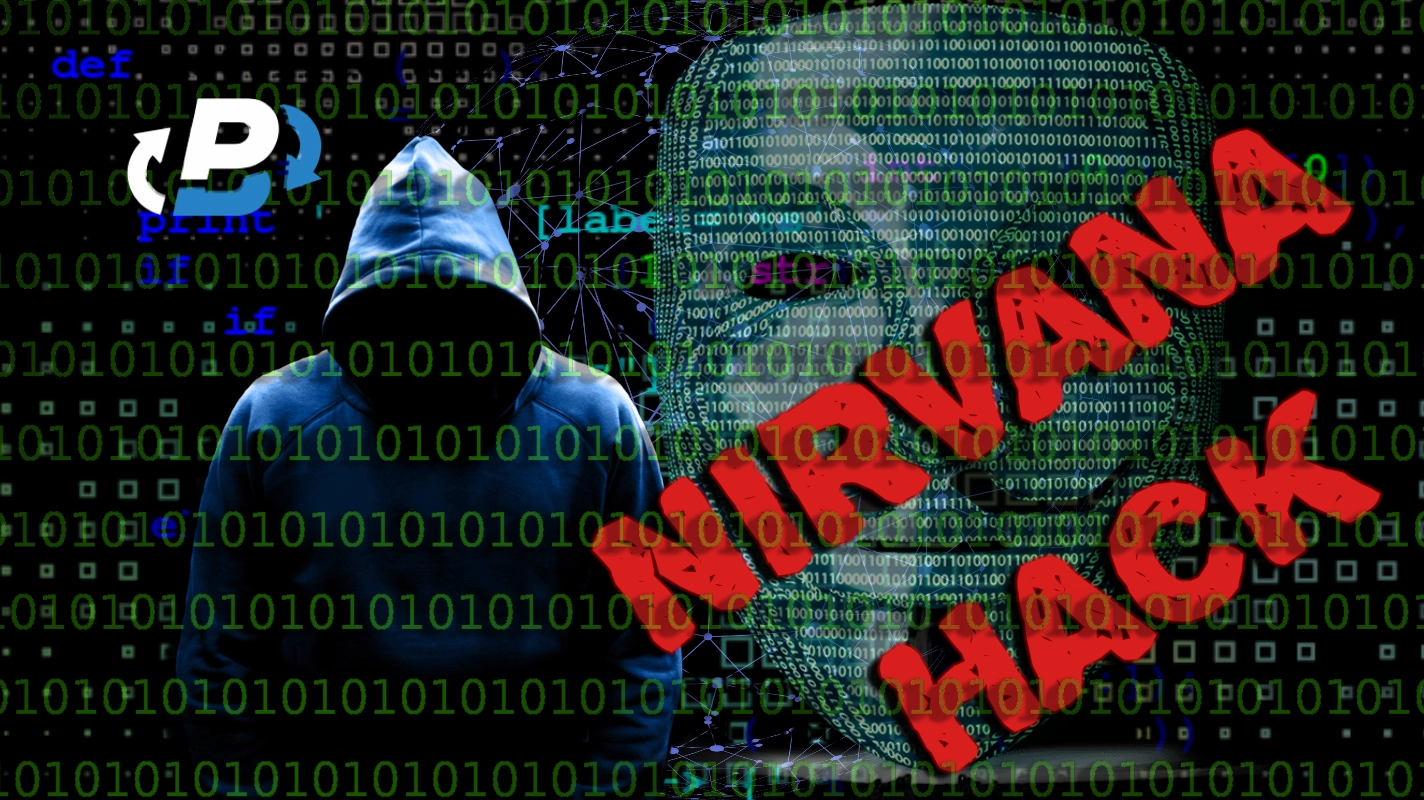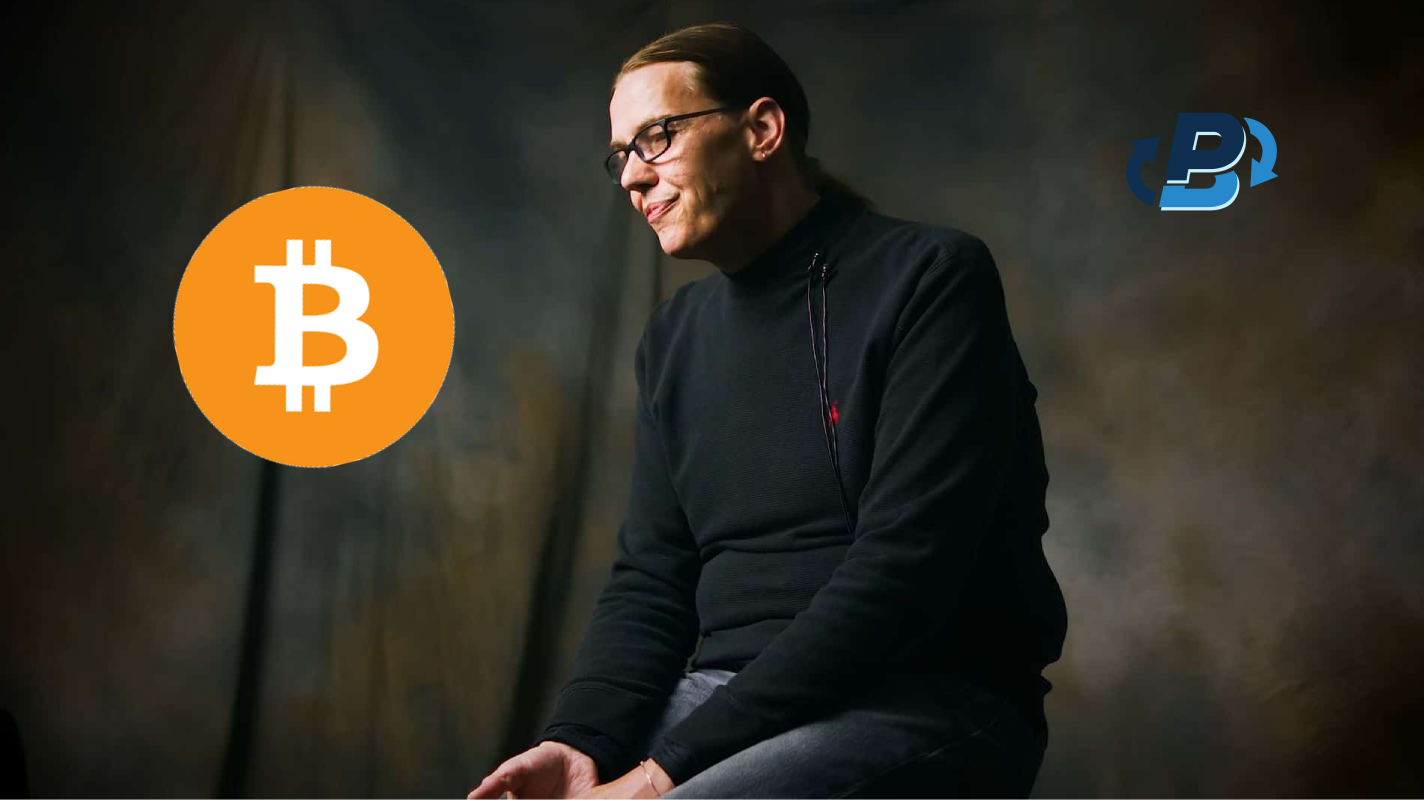As the dark and mysterious corners of the web continue to fascinate the masses, there aren’t many stories as captivating as that of Ross Ulbricht, a.k.a. ‘Dread Pirate Roberts,’ the builder of the infamous Silk Road marketplace. Ross Ulbricht diary, which was discovered on his laptop following his arrest by the FBI, details his motivations for opening Silk Road: his libertarian dream of a free and anonymous market and failed business ventures such as Good Wagon Books (a company that collected and sold used books on Amazon), launching Silk Road on the web hosting service “Freedom Hosting” and selling shrooms he grew himself to kickstart its operations, growing the site and adding new features to such as a Bitcoin tumbler and vendor ranking, and even his personal dilemma of telling people that he works on a “Bitcoin exchange”. These entries offered the prosecution a full roadmap of his activities during his days as the darknet of the truth’s kingpin.
Indeed, the Silk Road founder’s journal, as well as his subsequent social media musings since he had been sentenced to life behind bars, outline his activities and mental processes during the Silk Road era and its aftermath. But it also opens a debate on possible punitive excess in such cases.
As it will turn out, Ulbricht’s magnum opus was one of the first dark web marketplaces. At its zenith, it had generated an estimated $1.2 billion in sales of mostly illegal goods like narcotics, falsified personal documents, and more. Alas, its success wasn’t meant to last forever.
For a deeper dive into the mistakes that led the authorities to Dread Pirate Roberts’s real identity, PlasBit unpacks them all here.
Inside the Pages of Ross Ulbricht's Diary
If you’ve ever kept a journal, you probably wrote down your thoughts, feelings, dreams, ideas, plans for the future, and maybe a rant or two about annoying coworkers or that barista who messed up your coffee order and ruined your entire day.
But Ross? He documented running one of the most notorious and largest darknet marketplaces in history. Well, at least according to the Department of Justice, who called it a “sprawling black market bazaar where unlawful goods and services, including illegal drugs of virtually all varieties, were bought and sold regularly.”
Found on his laptop, the Ross Ulbricht diary proved to be a treasure trove for investigators and one of the tools of Ross’s ultimate undoing.
Specifically, it detailed everything from Silk Road’s earliest triumphs to Ulbricht’s sleepless nights worrying about his extortionist known as ‘FriendlyChemist,’ whose threats to expose Silk Road’s users added to his stress (yes, PlasBit has covered that saga too).
As you shall witness in the next few minutes, Ross was at times meticulous in his record-keeping, jotting down his successes, failures, and mounting fears. And despite expressing joy at seeing Silk Road users climb into the tens of thousands, he also struggled with self-confidence, writing in one entry that “everyone knows too much.”
Turns out, he wasn’t just paranoid and the information about him and his venture eventually reached the FBI. And his digital paper trail? A prosecutor’s dream. If anything, Ross Ulbricht diary became less of a journal and more of a recipe for disaster, a self-incrimination manual leading him straight to jail.
But let’s go back to the beginning - to how the Silk Road marketplace came into being, in the words of its very own creator. As he recounted in the diary, Ross started his pet project in 2010 under the title ‘Underground Brokers,’ but eventually settled on Silk Road, explaining the reasoning behind its creation:
“The idea was to create a website where people could buy anything anonymously, with no trail whatsoever that could lead back to them.”
However, he lacked a proper business model and strategy. So, to get people interested in the site, he decided to produce mushrooms and sell them there cheaply. With this in mind, he set up a laboratory in a cabin near Bastrop, Texas, to stay “off the grid,” and eventually grow several kilograms of “high quality shrooms.”
Yet, by the year’s end, he was still trying to square the circle of setting up his website while facing problems in personal and professional life. At this point, he had left a promising career as a scientist to become an investment adviser and entrepreneur but ultimately failed.
In 2011, things finally shifted into high gear for Ulbricht. He learned some programming skills, “got the basics of my site written,” launched it on Freedom Hosting, and announced it on the Bitcointalk message board. Notably, Freedom Hosting was established in 2008 and was once the largest Tor specialist web hosting service - hence why Ulbricht picked it.
‘Was’ is the operative word here because its owner, Eric Eoin Marques, was arrested in 2013 and sentenced in 2021 on charges of distributing, conspiring to distribute, and advertising child pornography, as well as aiding and abetting its advertising due to hosting a website called Lolita City. The hosting platform, as well as its successor, Freedom Hosting II, were taken permanently offline in 2017.
Back to Ross Ulbricht diary - he described his excitement at seeing the first pioneers sign up “only a few days after launch,” receiving the first message, and finally fulfilling the first order. In time, these started to add up, with some orders in the quarter-pound amounts.
“Little by little, people signed up, and vendors signed up, and then it happened. My first order. I’ll never forget it. The next couple of months, I sold about 10 lbs of shrooms through my site. Some orders were as small as a gram, and others were in the qp range. Before long, I completely sold out.”
After that, he saw traffic on his platform soar, but he was still handling all of the transactions by hand - matching them up with the amount and time of the purchase, and doing all the necessary account adjustments. The scope of work involved in this, as well as answering messages and fixing the neverending security holes, left him with little time for himself.
To try and reduce the workload, the ‘Dread Pirate Roberts’ (as Ulbricht called himself on the platform, based on the fictional character from the 1973 novel and its 1987 film adaptation The Princess Bride), began rewriting the site in a Model-View-Controller (MVC) framework, as suggested by a hacker he turned to for advice.
Around the same time, he learned how to host his own site and put it entirely on his own servers. He made this decision because he was unsure of Freedom Hosting’s capacities and wanted to have full control of his .onion domain. Then, he had to learn how to configure and run a LAMP (Linux, Apache, MySQL, Perl/PHP/Python stack) server - but he enjoyed every bit of the process.
Once the website was ready, Ross also included several new features, such as a tumbler (also called a mixer, a service that mixes potentially identifiable crypto funds with others to hide where the original funds came from) and, finally, automated payment processing.
To find out more about the technology that powered the Silk Road, check out PlasBit’s guide on anonymous payments.
At this point, the Silk Road market started to catch too much negative attention from the media and politicians. The latter included two US senators (Chuck Schumer and Joe Manchin) who “came out against the site and against bitcoin,” and called for the site’s shutdown.
This led Ulbricht to spiral into a poor state of mind. As he writes:
“I was mentally taxed, and now I felt extremely vulnerable and scared. The US govt, my main enemy was aware of me and some of it’s [sic] members were calling for my destruction. This is the biggest force wielding organization on the planet.”
That said, the marketplace continued to grow, witnessing a massive spike in signups, but also new features added by Ulbricht, such as price pegging, vendor ranking, a more sophisticated feedback system, buyer statistics, transaction logs, and improved admin toolset.
Hence, its architect decided to bring in some assistance to “take the site to the next level.” Through trial and error, he finally ended up with a capable team that empowered him to achieve this goal and much more. One of the team members was known as ‘Variety Jones,’ who helped Ulbricht with a wide array of issues, from technical to practical to legal:
“He also has helped me better interact with the community around Silk Road, delivering proclamations, handling troublesome characters, running a sale, changing my name, devising rules, and on and on. He also helped me get my head straight regarding legal protection, cover stories, devising a will, finding a successor, and so on.”
Interestingly, Ulbricht has also written about his life outside Silk Road and how it felt to be unable to tell his friends about his endeavor. For example, in this excerpt, it is clear he felt guilty at not telling them the full truth but also regret at unveiling too much:
“I then went out with Jessica. (...) I felt compelled to reveal myself to her. It was terrible. (...) She already knows I work with Bitcoin, which is also terrible. I’m so stupid. Everyone knows I am working on a Bitcoin exchange. I always thought honesty was the best policy and now I didn’t know what to do. I should have just told everyone I am a freelance programmer or something, but I had to tell half truths. It felt wrong to lie completely so I tried to tell the truth without revealing the bad part, but now I am in a jam. Everyone knows too much. Dammit.”
The year 2013 was when it all started to go downhill. Specifically, as Silk Road grew, so did the attacks on the website, as well as spam, death threats, blackmail, ransoms, and scams. This included someone posing as Ulbricht to con 38 vendors out of 2 BTC each, per his own account.
At this time, he decided to start working with the infamous motorcycle gang Hells Angels, which has recently been banned in some countries over criminal affiliations. As it happens, its membership has allegedly been involved in organized crime like drug trafficking, extortion, and sexual exploitation, as well as violent conflicts with other clubs and organized crime groups.
Shockingly, Ulbricht also wrote about ordering hits from Hells Angels on his blackmailers, one of whom he said was executed days later. On March 29, 2013, he writes: “commissioned hit on blackmailer with angels,” and on April 1, that he “got word that blackmailer was excuted [sic].”
On April 8, he also wrote that he “sent payment to angels for hit on tony76 and his 3 associates,” bringing the total headcount of people whose assassinations he seemed to have ordered to five. However, it’s unclear whether the contracted killings actually occurred.
Not long after this, he also recounted a severe DDoS attack and paying a ransom of 10,000 BTC to end it but without success. Eventually, the attacker “agreed to stop if I give him the first $100k of revenue and $50k per week thereafter” - which Ulbricht also documented in his journal.
In a later entry, from May 29, he also wrote about how he lost $2 million to the Drug Enforcement Administration (DEA) from his account on the now-defunct crypto exchange Mt. Gox. As a reminder, Mt. Gox ceased operations in early 2014 over involvement in the loss of hundreds of thousands of clients’ BTC.
Finally, Ulbricht’s entries abruptly stopped on September 30, just one day before the FBI arrested him, seized his laptop, and took Silk Road offline on October 1, 2013. His charges? Engaging in a criminal enterprise, running a narcotics ring, laundering money, and trafficking counterfeit IDs.
As his trial began on February 4, 2014, the Ross Ulbricht diary entries were entered into evidence against him to be used by the prosecutors. Combined with chat logs and other evidence from his laptop (which you can read about in PlasBit’s breakdown), the journal sealed his fate.
Basically, the efforts of his defense, which tried to argue that Ulbricht had only created the Silk Road and gave up on it shortly after but was ‘lured’ back to it in 2013 to be framed by the real Dread Pirate Roberts, were all in vain.

From Diary to Tweets: Ross Ulbricht’s Twitter Presence
Today, Ulbricht is serving two life terms plus 40 years without the possibility of parole, and was ordered to pay about $183 million in restitution. Still, the walls of the US penitentiary in Tucson, Arizona, haven’t been able to prevent his voice from reaching the outside world through social media.
He continues to post on his X (formerly Twitter) profile @RealRossU, giving followers a window into his present state of mind. Much like his diary, this account features Ulbricht’s emotions, physical state, activities, experiences, advocacy, and the occasional philosophical musing, be it his own or written on the wall in prison.
In one X post, dated May 1, 2023, he expressed how he felt about freedom, having spent “every moment of every hour of the last 3,500 days” in prison:
On September 30, 2022, as he was about to begin his 10th year of imprisonment, Ulbricht wrote on the topic of mistakes that put him there:
On top of that, he has a blog featuring his thoughts and prison experiences from recent years, starting with 2019. The latest, titled ‘The Watch,’ was written in 2024, and illustrates Ulbricht’s regrets at how his life has turned out as he was talking to a young inmate on suicide watch:
“I was in my late 30s. What I wouldn’t give to be 22 again. I could live my life over. I could choose a different path, one that didn’t lead me to a maximum-security prison.”
All the while, he has remained hopeful about his potential release someday and about life in general, posting inspirational quotes such as this one:
Ulbricht’s posts mean a lot to his supporters, who have rallied around the hashtag #FreeRoss, seeing the messages as a beacon of hope against an overzealous justice system. For others, they might be a reminder of the moral complexities around his case.
Trump’s Pledge: A Ray of Hope or a Political Ploy?
In a recent twist to Ulbricht’s story, the #FreeRoss community may yet rejoice and see their champion walk free. The now-reelected President Donald Trump made headlines when he pledged to commute the Silk Road founder’s life sentenceduring the 2024 campaign.
Indeed, during his address at the Libertarian National Convention in May, he declared to the Gadsden flag-waving mass that:
“And if you vote for me, on Day One, I will commute the sentence of Ross Ulbricht.”
The move was met with enthusiasm and support from libertarians who have long lobbied for Ulbricht’s release (as well as Ross himself). On the other hand, Trump’s critics have condemned it as a ploy to get libertarian votes.
This isn’t the first time Trump ignited the hopes of clemency for Ulbricht. Back in 2020, Daily Beast reported that the White House’s counsel’s office was reviewing documents related to the case, following calls from libertarians and the cryptocurrency community.
According to the report, Trump himself had voiced sympathy for his situation, but he decided not to intervene at the time. Since then, he has repeatedly pledged to release him from prison, including on his social media network Truth Social.
One of them came as recently as October 2, only one day after now 40-year-old Ulbricht remarked on X that he was beginning his 12th year in prison.
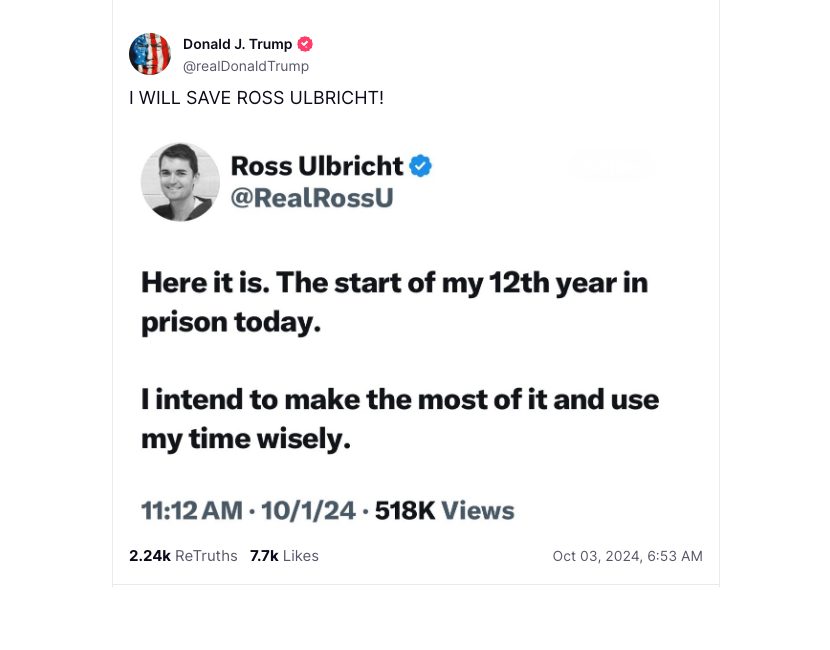
So, why Ross? It appears Trump’s reasoning on this particular case is rooted in the belief that the sentence was disproportionate to the crimes in question. And, although he had advocated for harsher penalties for certain traffickers, he has also exercised clemency for selected non-violent drug offenders.
For instance, Trump already commuted the life sentence of Alice Marie Johnson, a first-time non-violent drug offender, amid support from various individuals and organizations during his first presidential term back in 2018. Hence, Ulbricht’s case was bound to grab his attention due to the perceived injustice in sentencing.
If he is true to it, Trump’s stance also aligns with broader libertarian ideals, which value freedom from government control, and those who hail Ross as a martyr for digital freedom. That is, unless the promise was nothing more than a political move as skeptics have argued.
Either way, for Ross and his supporters, the pledge represents a glimmer of hope and has breathed new life into the #FreeRoss movement. Could the mastermind behind the Amazon of illegal substances really walk free? All eyes are now on Trump as he prepares to take office again on January 20, 2025.
In the meantime, Ulbricht’s family is optimistic and already counting down the days until their Ross becomes a free man in January, after more than 11 years in prison, publicly showering the president-elect with thanks for his support.
Should Trump keep his word on the pardon (which requires no congressional approval), it would act as a powerful indicator that he intends to meet his broader campaign commitments. These include pledges on ending foreign conflicts, revamping taxes, and boosting border security.
Nonetheless, if it happens, Trump’s pardon of Ross Ulbricht could send shockwaves across the crypto, libertarian, and tech communities. Considering they’ve been less than satisfied with the policies of the outgoing administration in their sectors, they would see it as a big deal.
Ross Ulbricht’s Lasting Legacy
Ultimately, we at PlasBit view Ross’s story as more of a complicated debate on the ethics of technology, freedom, and appropriate punishment than it is about courtroom drama. Is he a criminal mastermind or just a scapegoat for a system incapable of tackling the root causes of drug trade?
From his journal to social media posts, his narrative is a rollercoaster ride of ambition, self-doubt, and a dash of ‘what were you thinking?!’ His actions - be they documented on his trusted laptop or shared through other channels - continue to fascinate the public and raise difficult questions.
As for the Ross Ulbricht diary itself, it might serve as a lesson about words coming back to bite you harder than a rabid badger. In other words (no pun intended), keep your online musings squeaky clean, unless you want to end up writing your memoirs from a government-funded writing retreat (prison - we mean prison).








